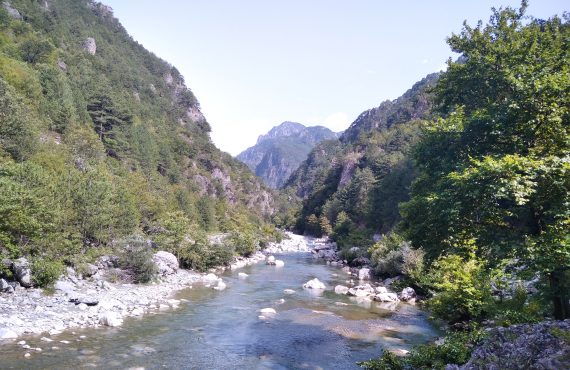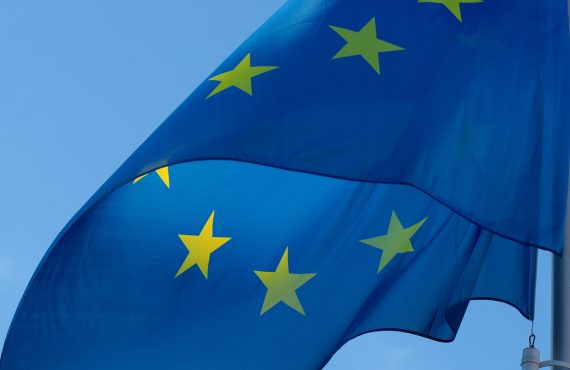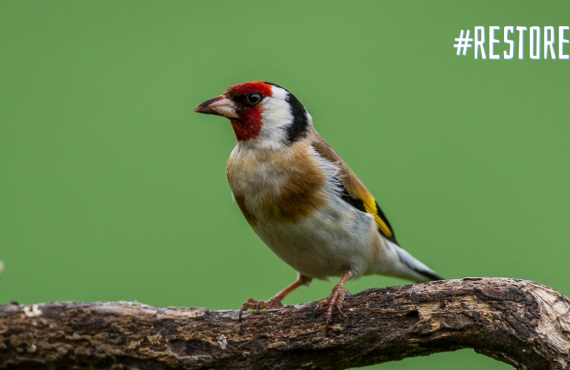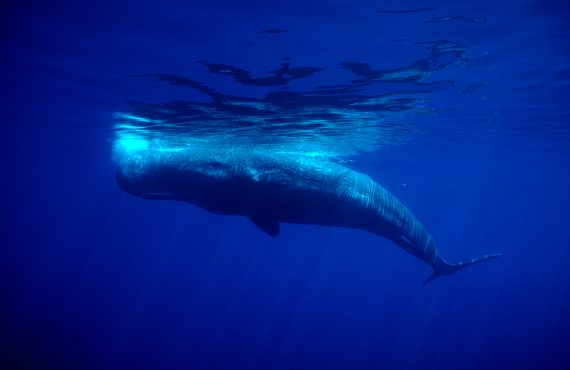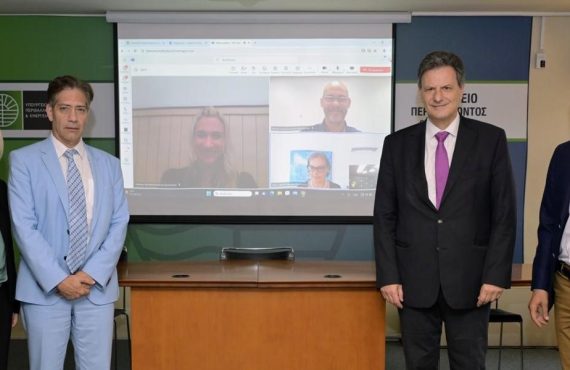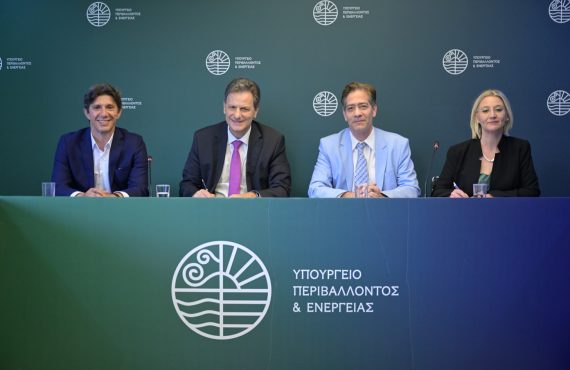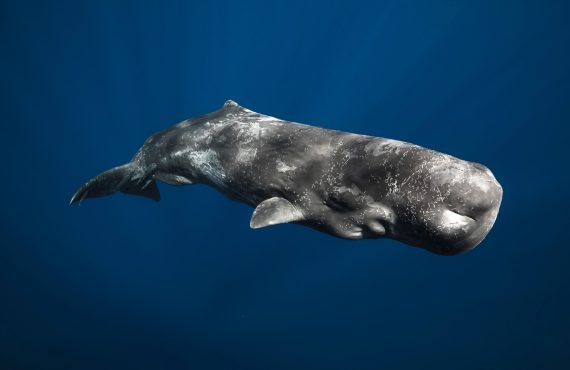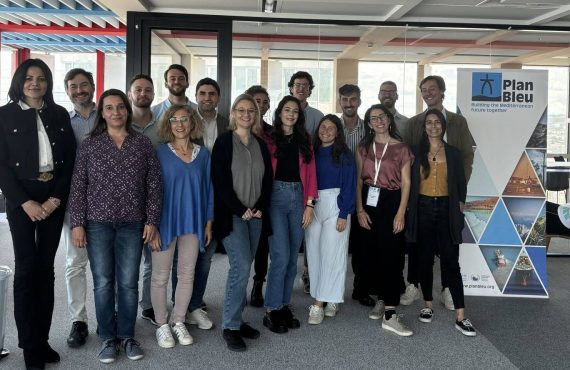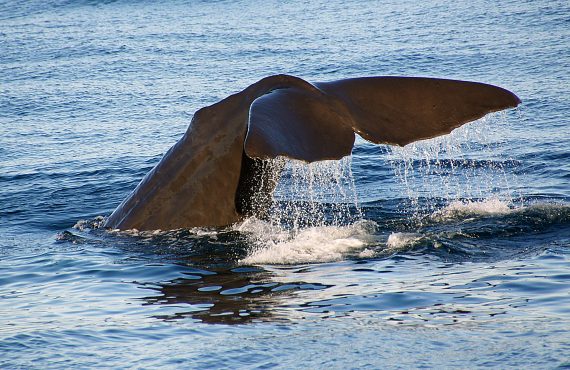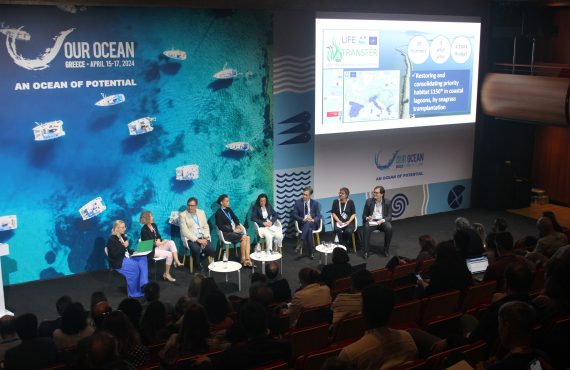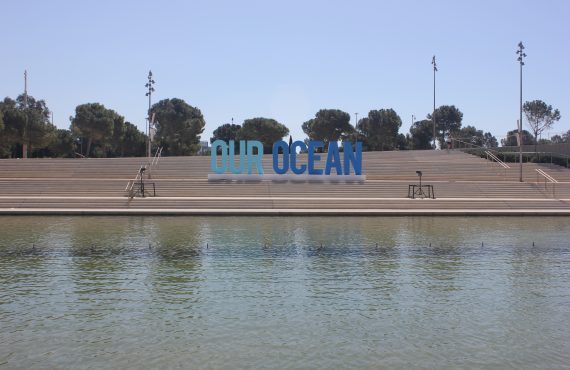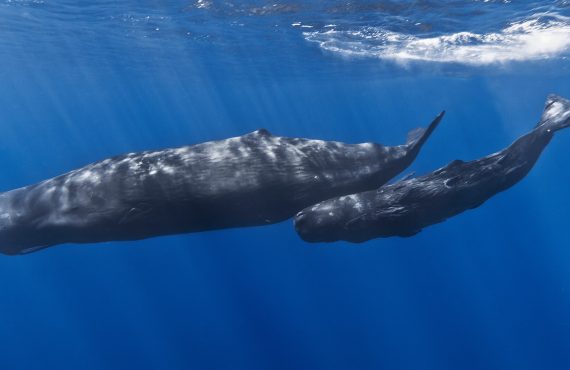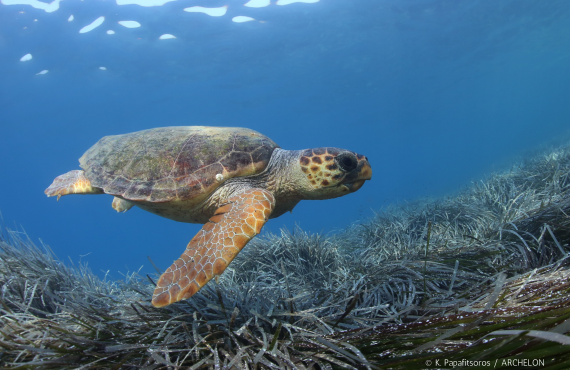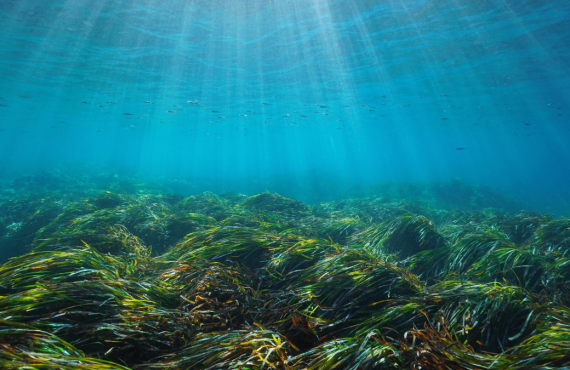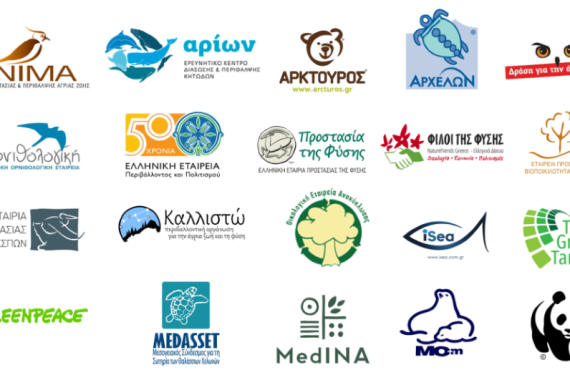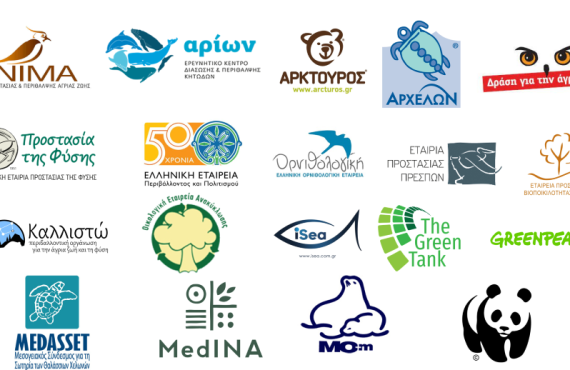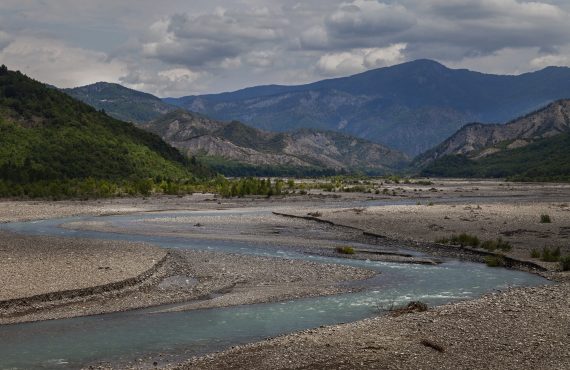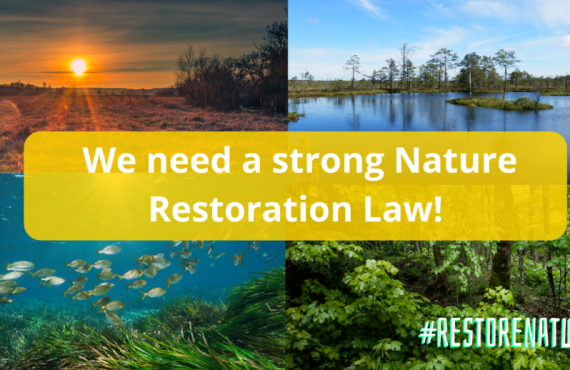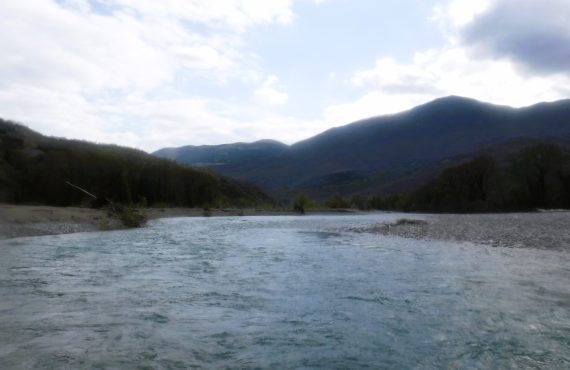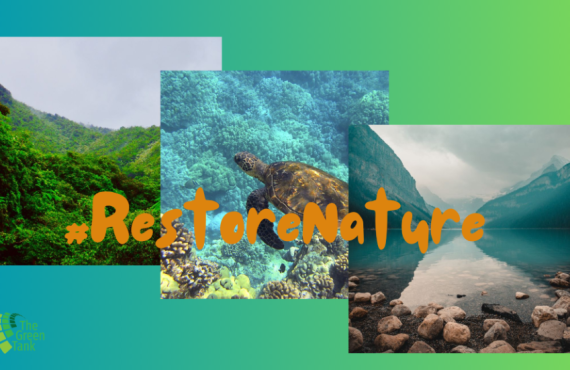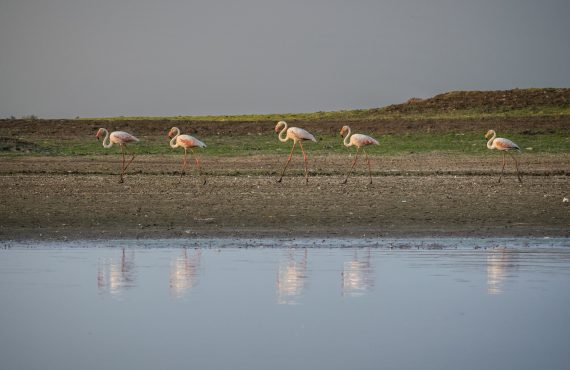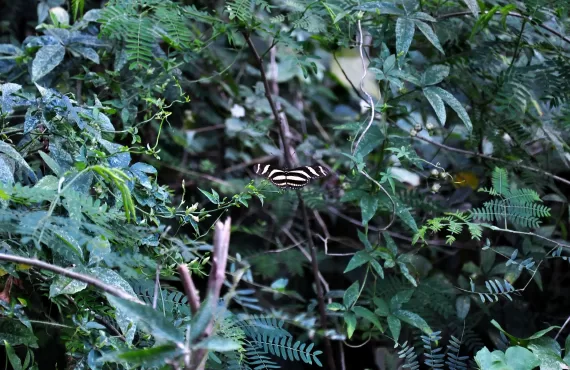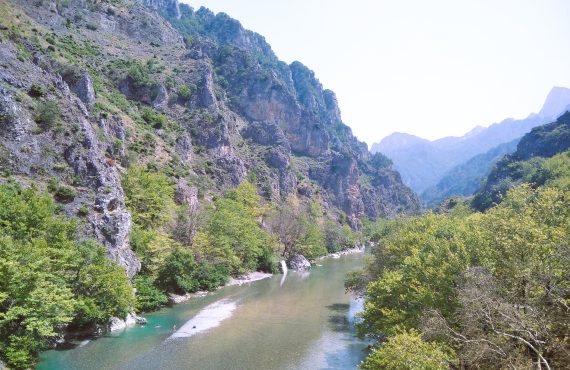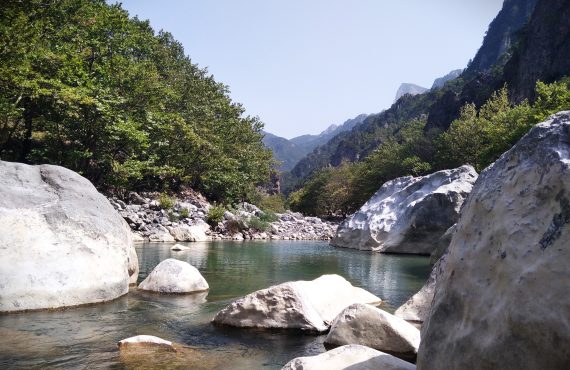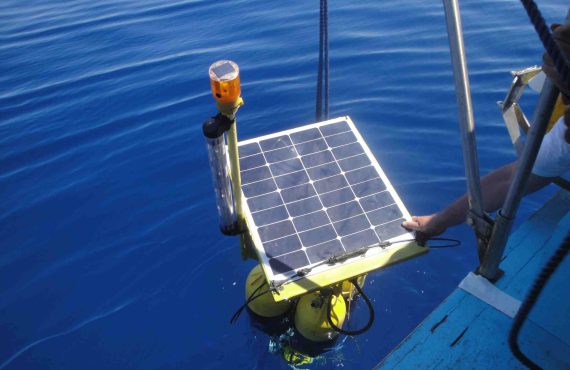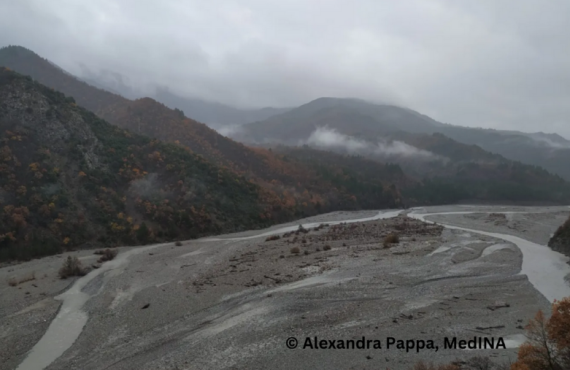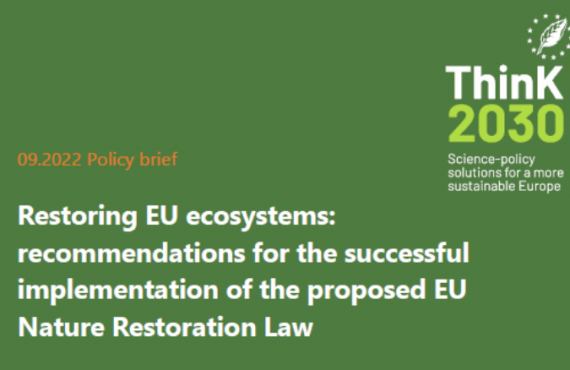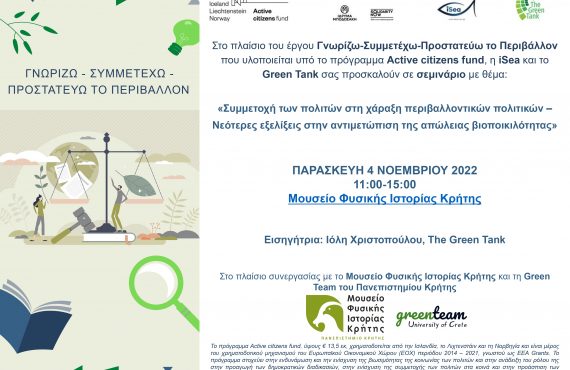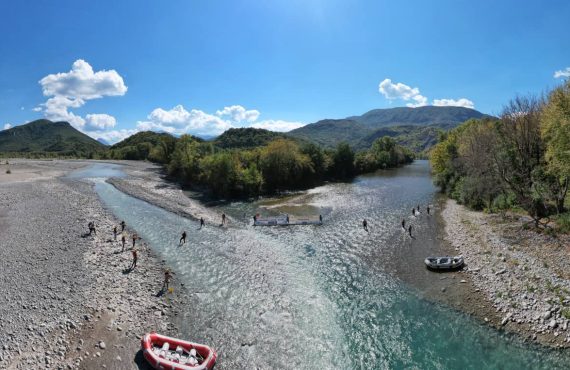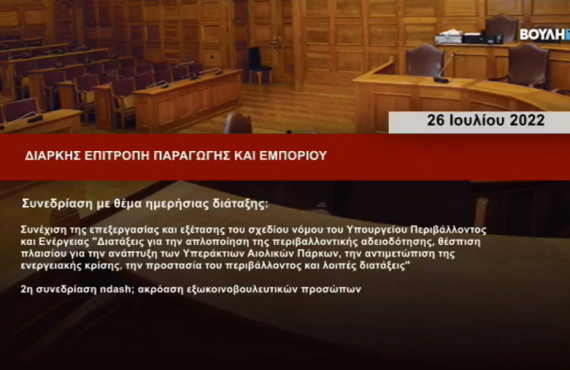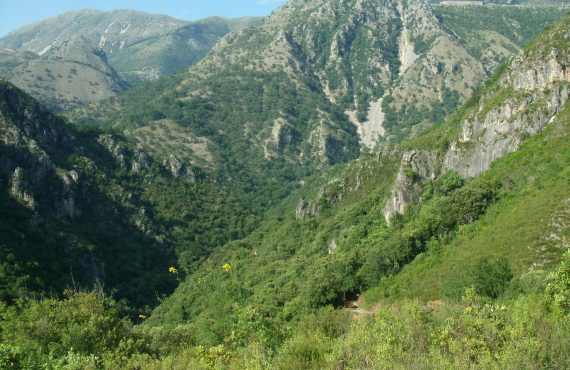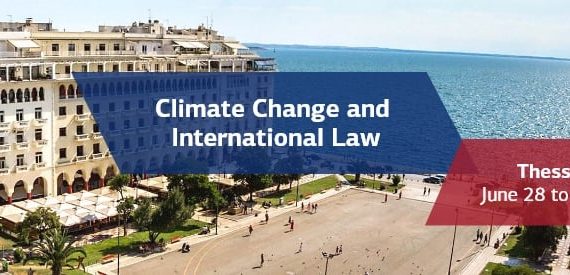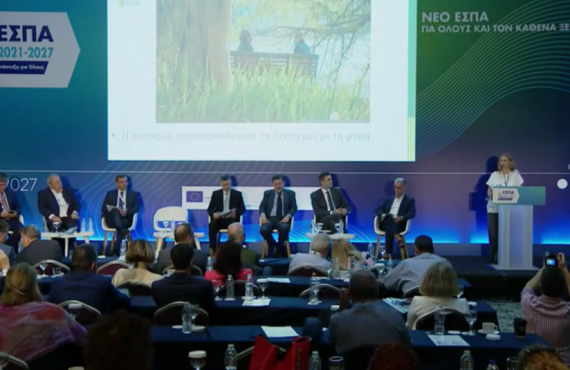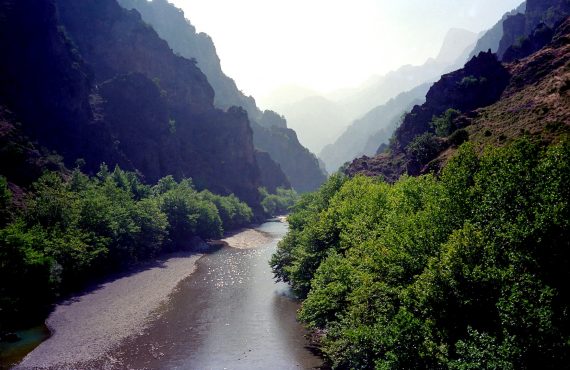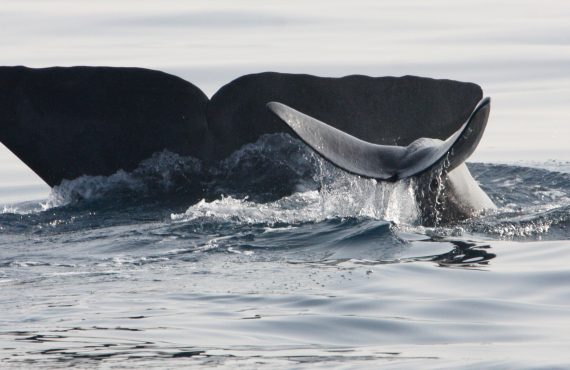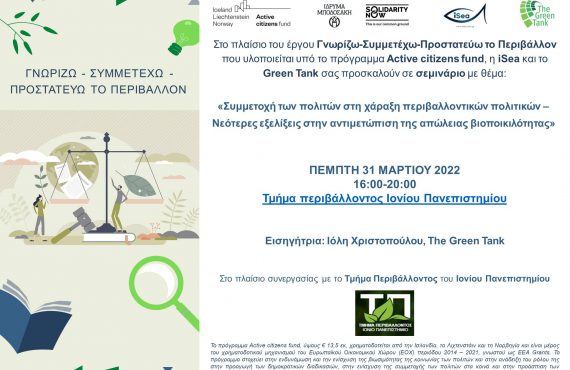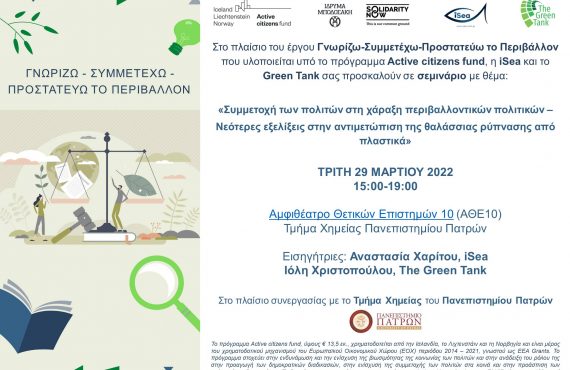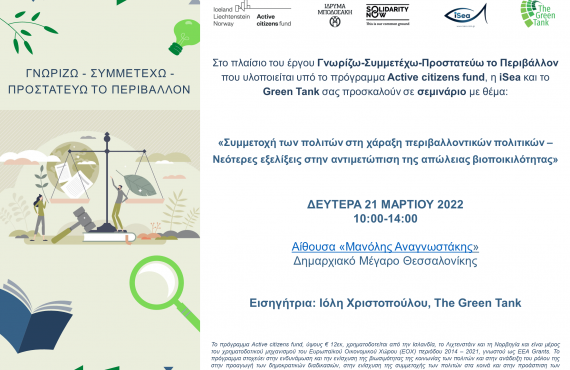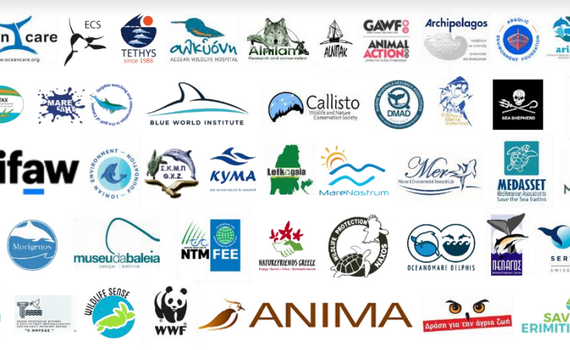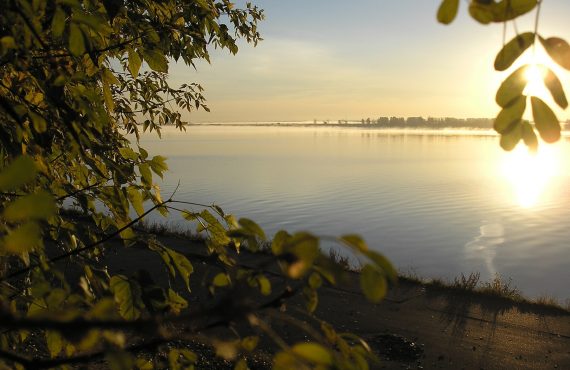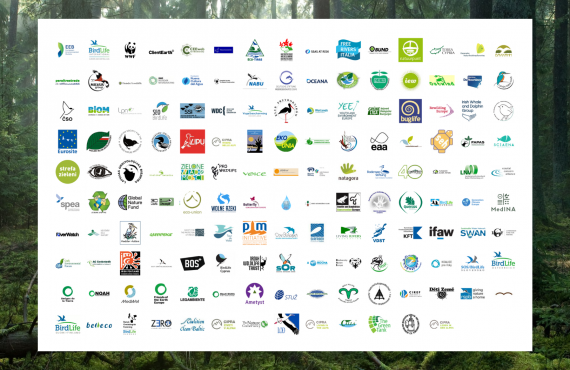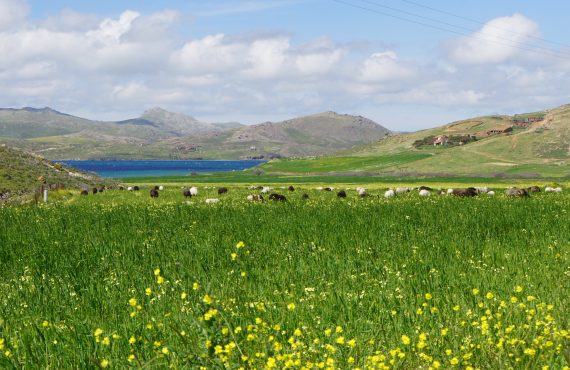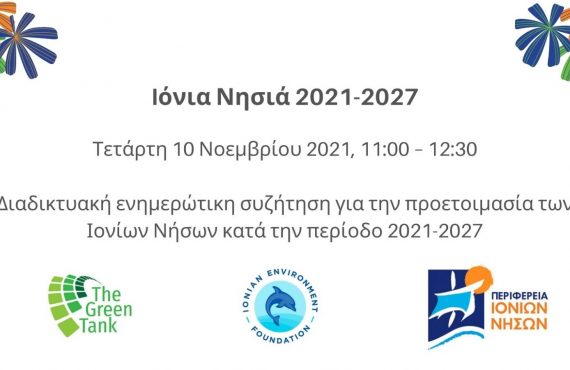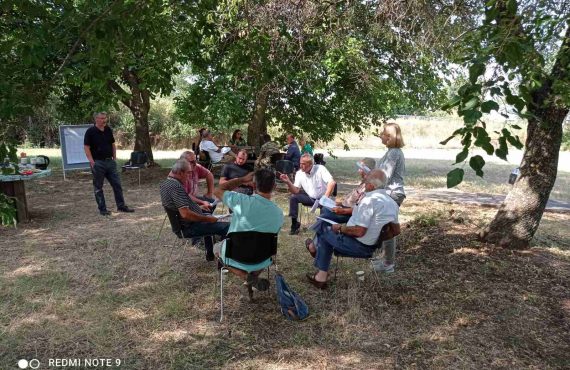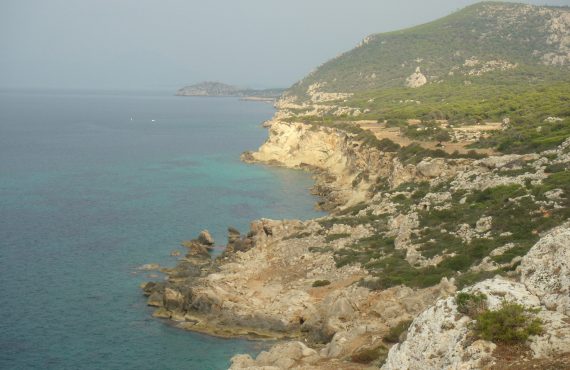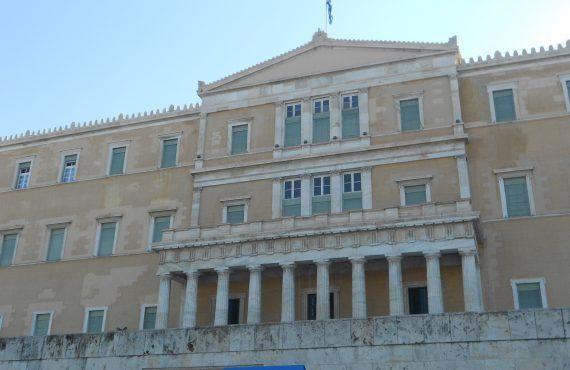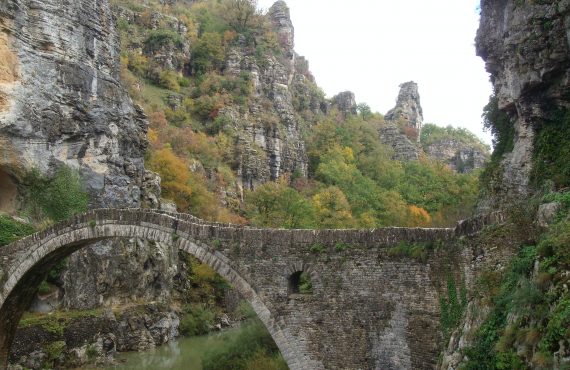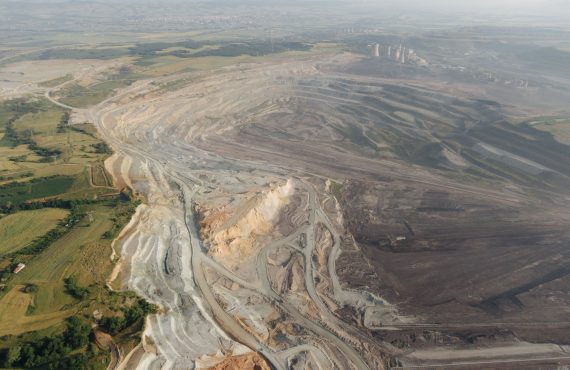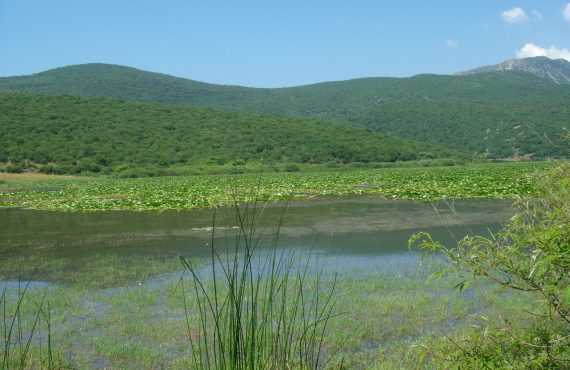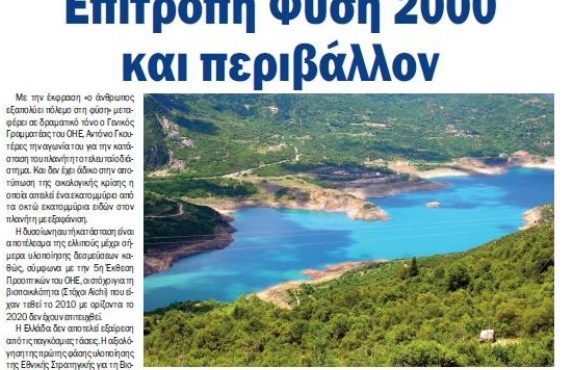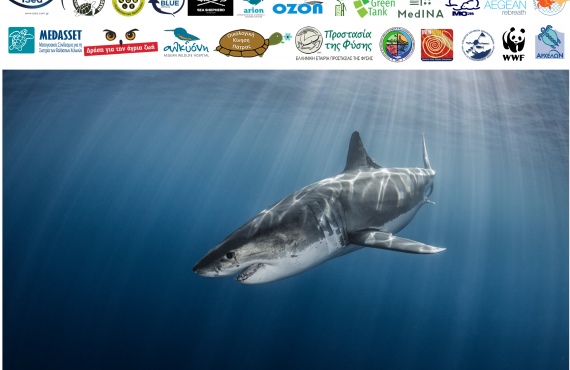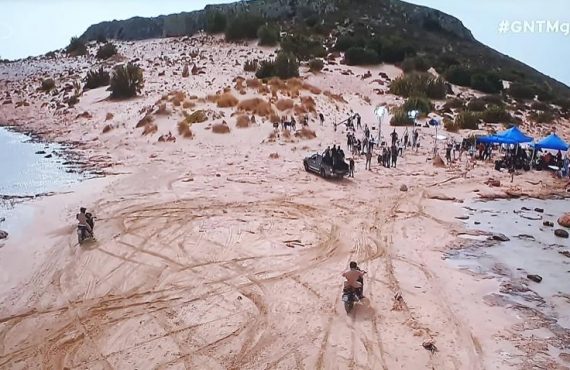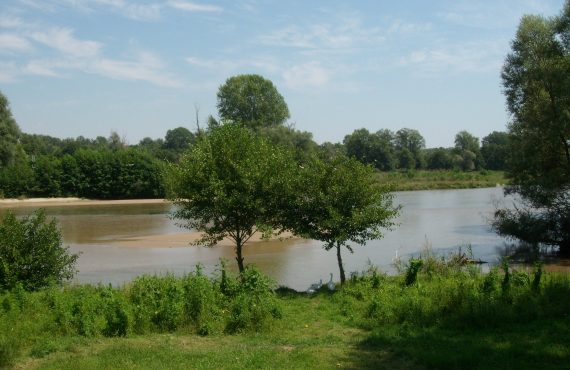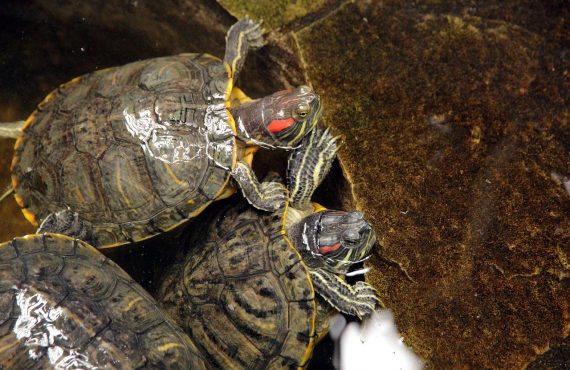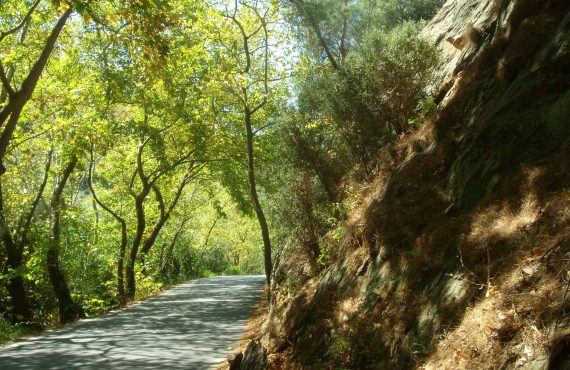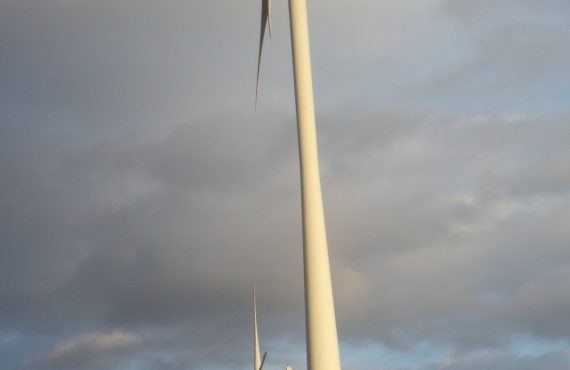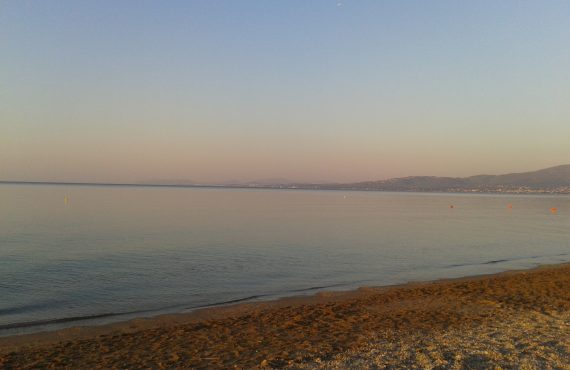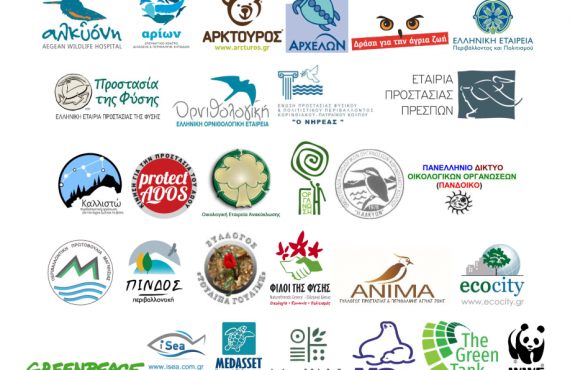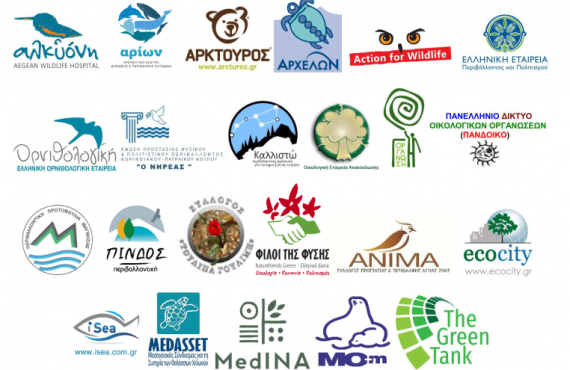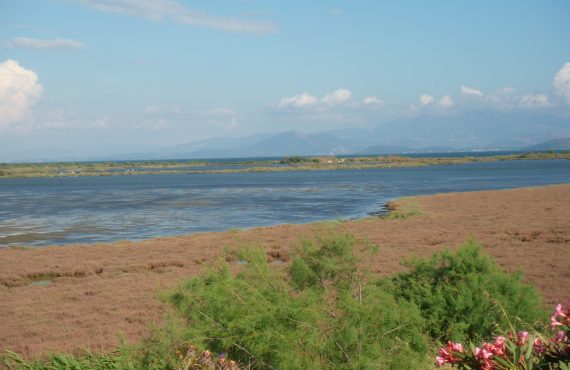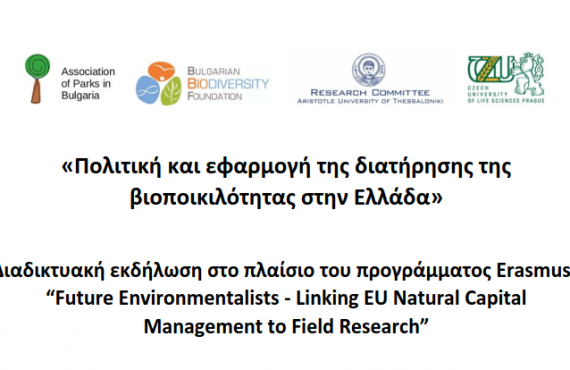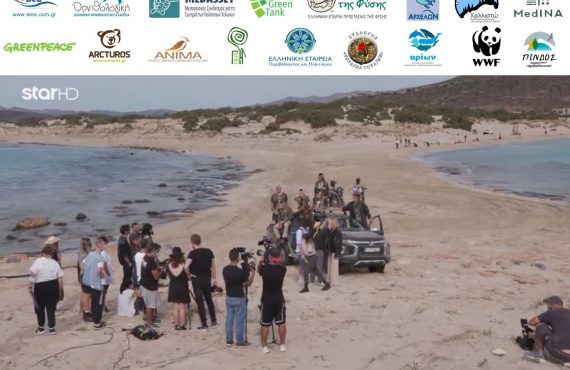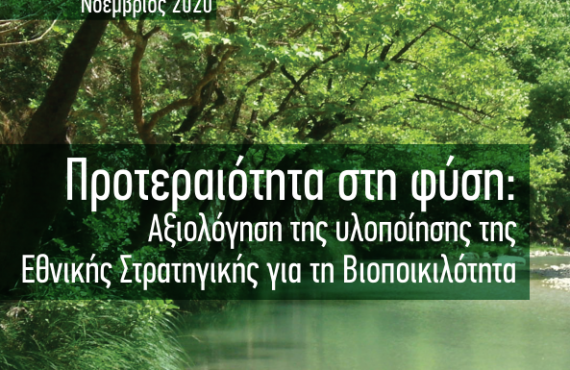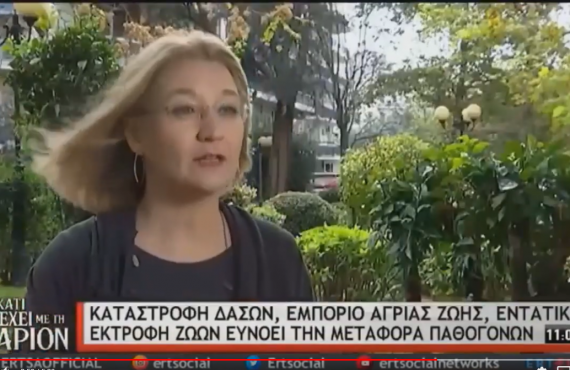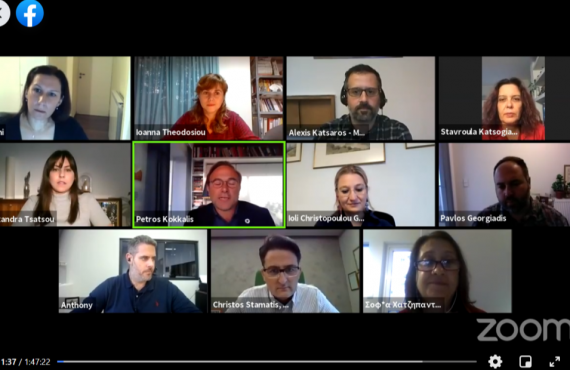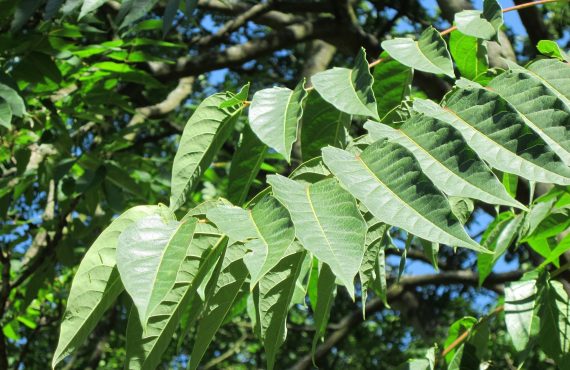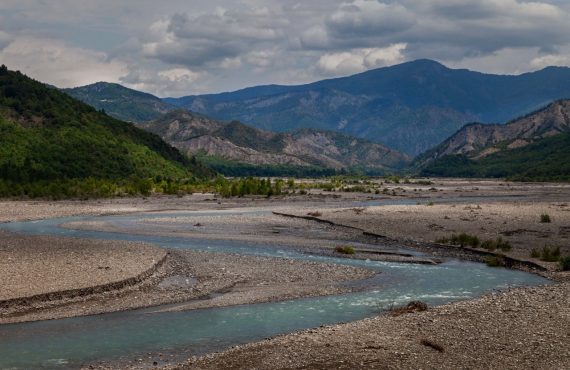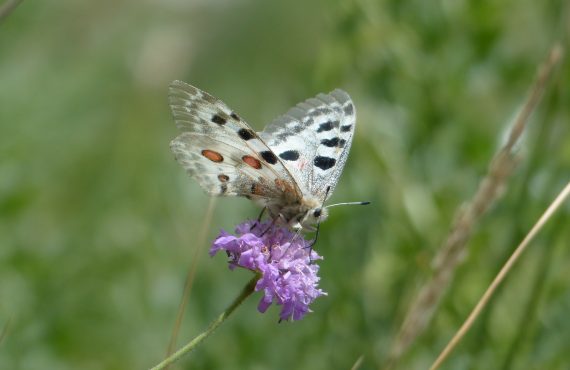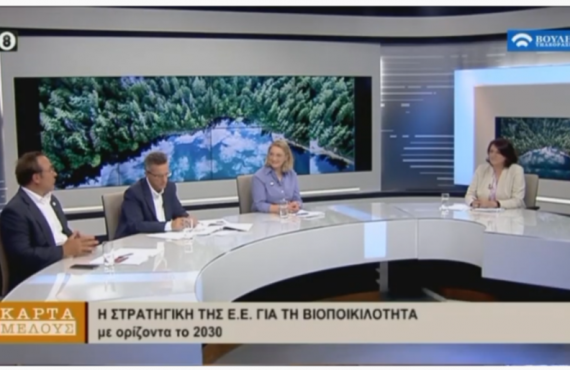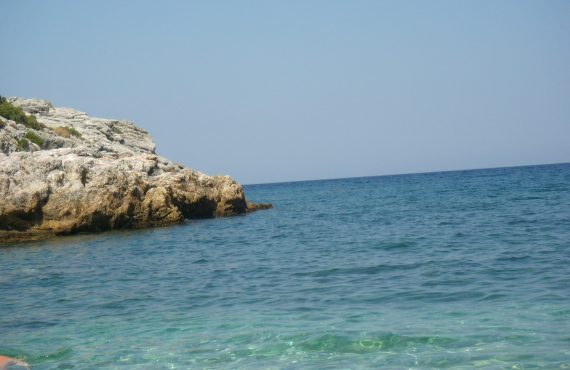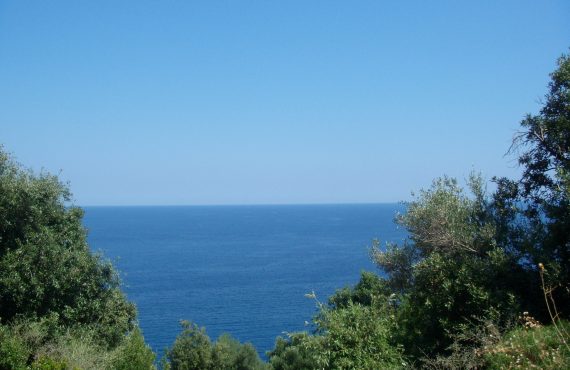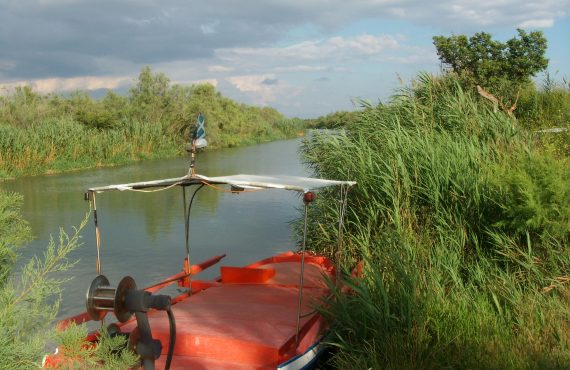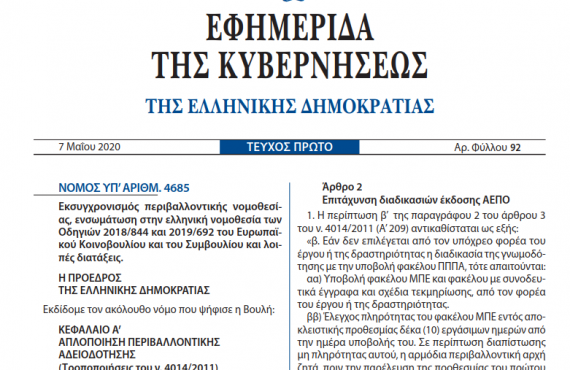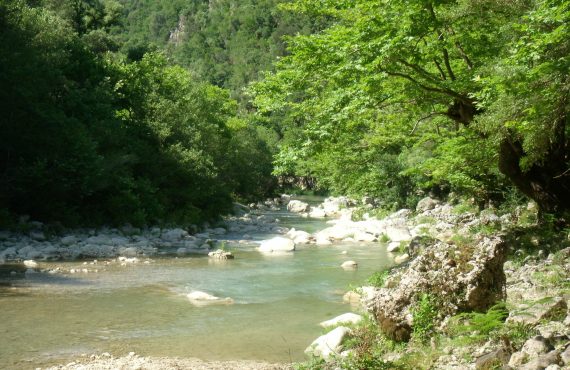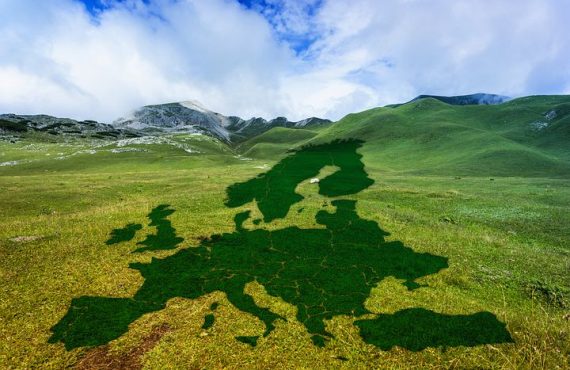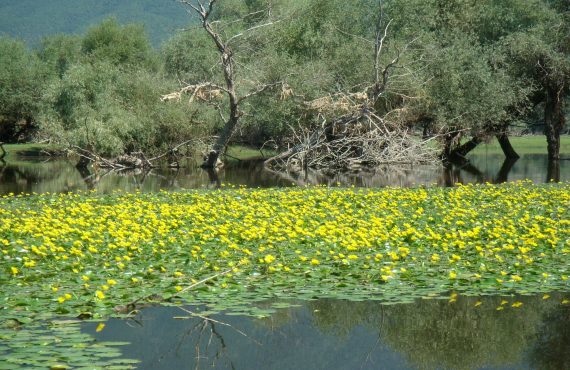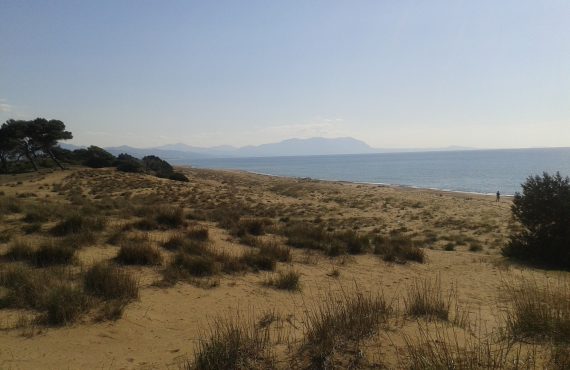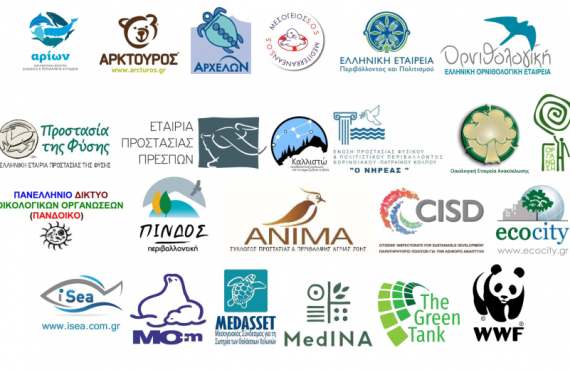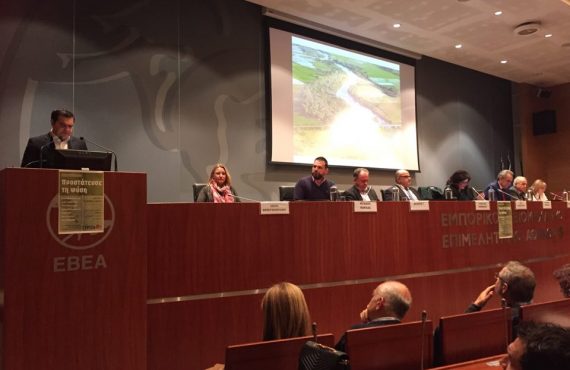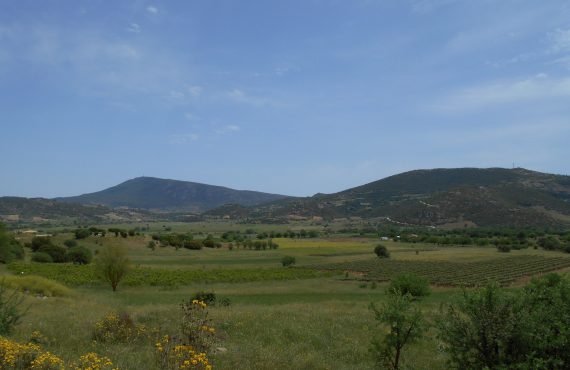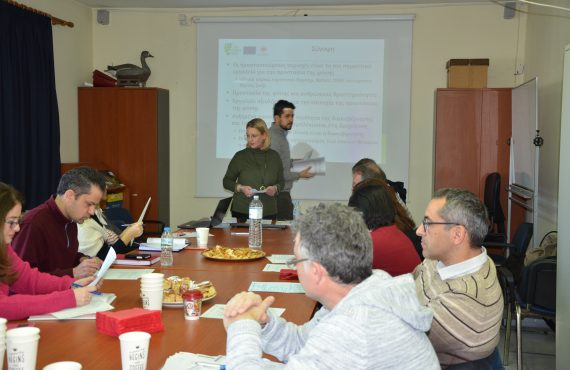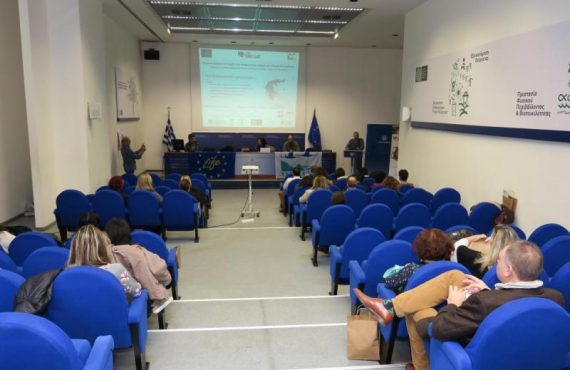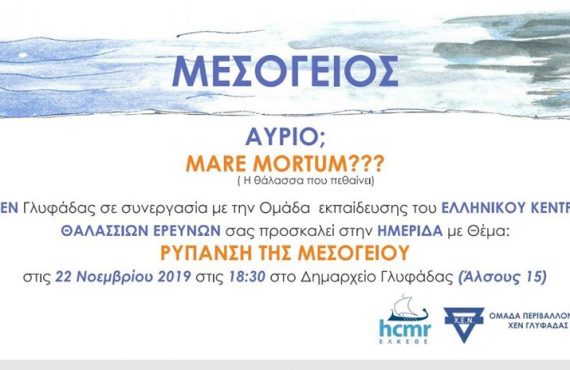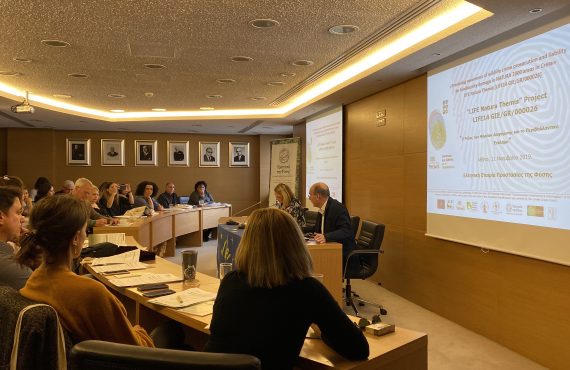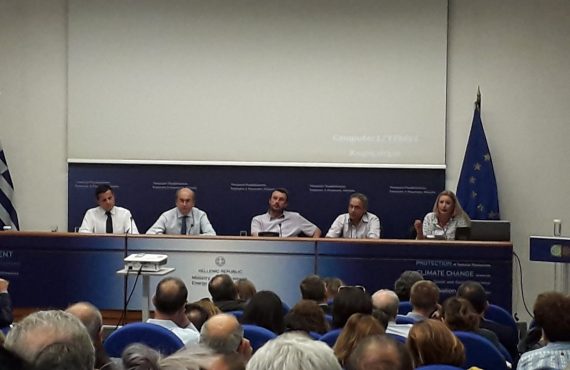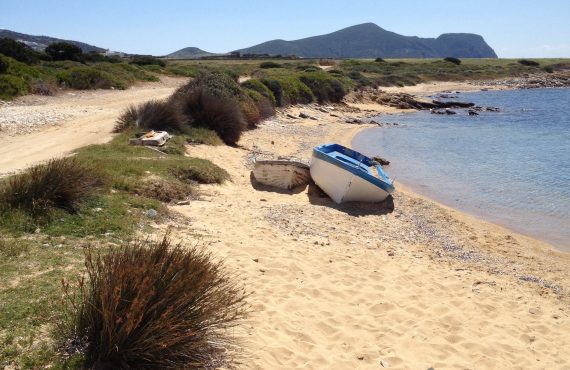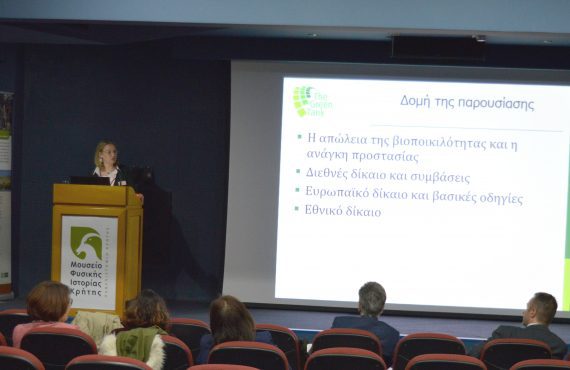The long-awaited proposal for an EU nature restoration regulation was finally presented on 22 June by the European Commission, highlighting an ambitious legislative framework to restore degraded ecosystems in the EU.
IEEP and The Green Tank, took this opportunity to present and discuss the proposals in a workshop to key Greek stakeholders, public authorities and experts, including members of the Ministry of Environment and Energy and the Ministry of Rural Development and Food. The discussion highlighted the already existing efforts in Greece on nature restoration, as well as good practices and identified benefits and challenges of the new proposal at national level.
During the discussion, Ioli Christopoulou, Policy Director of the Green Tank emphasized the relevance of this EU proposal as the first comprehensive EU legal initiative on nature in 30 years and the first ever on nature restoration. Although Greece’s nature faces significant threats and pressures and is increasingly vulnerable to climate change, Greece may have a comparative advantage over other EU Member States as its habitats are in better condition than the EU average. However, Ioli Christopoulou pointed out that Greece has shown a poor implementation record of nature legislation in the past and will have to overcome this challenge in the future.
The socio-economic benefits of nature restoration in Greece
The debate in the workshop was based on a policy brief produced by IEEP with the contribution of the Green Tank that highlights the benefits of nature restoration in Greece. The main elements of the brief were presented by Gabrielle Aubert, policy analyst in the Biodiversity & Ecosystems team at IEEP. Restoration can provide significant benefits for climate mitigation, climate adaptation and disaster risk reduction (reducing the impact of climate hazards such as forest fires, floods and extreme heat). It also creates jobs and can improve people’s physical and mental health when they have access to restored green space. The brief features examples of projects and initiatives in Greece that are already delivering on these benefits.
Proposal for an EU nature restoration regulation
At the workshop, Anna Cheilari, from the Commission’s DG Environment Nature Unit, presented the proposed EU nature restoration regulation as an EU response to the global biodiversity crisis as well as a component of the EU Green Deal and the EU 2030 Biodiversity Strategy. She gave a detailed review of the main provisions of the proposal, the overarching goal, and the targets for 2030 and up to 2050, which, with the approval of the proposed regulation, will become legally binding. She outlined the main components of the national nature restoration plans that Member States will have to prepare once the regulation is approved.
Among the issues that emerged from the discussion was the decision by the Commission to opt for a regulation rather than a directive, which allows for faster implementation and comparability across Member States. Further clarifications were also given on the timeframe for the adoption and implementation of the regulation. Participants also noted the need for guidance from the Commission to help implementation, especially in relation to monitoring progress.
Greece’s experience with nature restoration
Three Greek experts then highlighted their experience with nature restoration:
- Vasiliki Chrysopolitou, Head of Cooperation and Partnerships at the Greek Biotope and Wetland Centre (EKBY), presented good practices and lessons learned from the wetland and forest restoration projects that EKBY has implemented over the past years. She identified the distinct challenges and opportunities raised by restoration efforts in these different ecosystems.
- Eugenia Apostolaki, Senior Researcher at the Institute of Oceanography Hellenic Centre for Marine Research (HCMR), presented the experience of the LIFE TRANSFER project that is currently restoring seagrass meadows in the Gulf of Amvrakikos. Noting the time required for seagrass meadows to be fully functional, she emphasised that protecting seagrass meadows and preventing their degradation is crucial to climate mitigation.
- Ioannis Tsiripidis, Associate Professor at the School of Biology of Aristotle University of Thessaloniki, clarified what is and what is not nature restoration, identifying what elements need attention. He concluded that restoring ecological functions is the key to effective habitat restoration.
A common thread in all the presentations was that restoration projects need proper planning of restoration actions, based on solid scientific evidence and relevant stakeholder participation and cross-sectoral collaboration.
The workshop presentations, the lively discussion that followed and the examples highlighted in the policy brief, demonstrate that Greece is not starting from scratch when it comes to restoration. Action is already being taken on the ground, benefits are being measured, and lessons are being learnt. However, it is now the time to step up these efforts at the national level to achieve the large-scale restoration required to meet the EU’s nature restoration targets and reap the benefits at scale. Since the nature restoration plans will not be adopted until at least 2026 and the deadline for the first set of targets has been set to 2030, Member States have a tight timeframe to meet the proposed restoration targets. It is important that they start adopting restoration measures and implement projects now to reach the target of restoring 30% of degraded Annex I habitats by 2030.
Find out more by reading the policy brief titled “Socio-economic benefits of Nature Restoration in Greece” and its summary in English and Greek.
The presentations shown during the workshop are available here:




